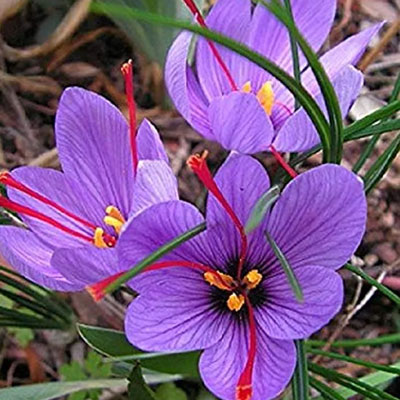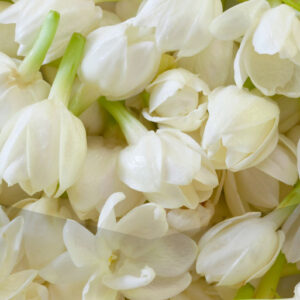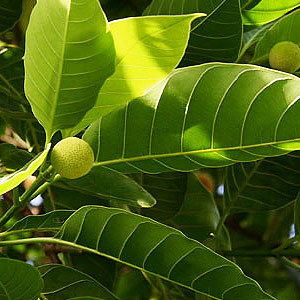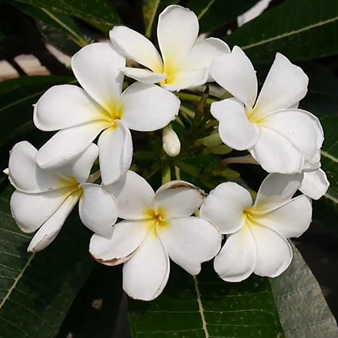Scientific classification, Kingdom: Plantae, (unranked): Angiosperms, (unranked): Monocots, Order: Asparagales, Family: Iridaceae, Subfamily: Crocoideae, Genus: Crocus, Species: C. sativus
Rare : precious, Saffron Attar has a rich, warm, exotic and beautifully decadent aroma. The mysterious fragrance of the attar inspires warm thoughts toward oneself and others. The Attar is made by distilling Saffron into a base of Sandalwood oil.
Saffron Attar is originated from India and has reddish, characteristic and intense odor having a warm and soothing aroma. This is extracted from steam distillation or water distillation of stigma of leaves.
Saffron Attar is also known as Kesar or Zafrani Attar and is a great medicine for the heart, and its fragrance in incense has been used traditionally for its heart-opening and compassion-enhancing powers.
Saffron plant is originated in Asia Minor, and was introduced into Spain by the Arabs before spreading to France and the western Mediterranean during the Crusades. Saffron was known as a medicinal plant in ancient Egypt and because of few magical uses it was made into attar.
Saffron Attar can be applied directly to the body as a therapeutic and potent botanical perfume. Many people find that they enjoy lending Saffron Attar with Rose Attar in equal parts for a luxurious and euphoric natural perfume.
Place a drop of Saffron Attar on the forehead, neck, palms and/or soles of the feet as a general therapeutic application and self-healing ritual. A drop of this saffron oil applied to the heart, throat, or third eye centers, deepens meditation, and generates moods of love and compassion.
Do not take Saffron Attar internally.
Do not apply directly to the eyes or mucous membranes.
Pure saffron Attar is generally considered safe for direct application to the skin when done moderately in small amounts.
The information on this web-site is not intended to diagnose or prescribe for any disease or health condition.
Pregnant women, Nursing mothers and children should not use this product without first consulting a licensed healthcare practitioner.
Saffron has a long medicinal history as part of traditional healing; several modern research studies have hinted that the spice has possible anticarcinogenic, anti-mutagenic, immunomodulating, and antioxidant-like properties. Saffron stigmas, and even petals, may be helpful for depression. Early studies show that saffron may protect the eyes from the direct effects of bright light and retinal stress apart from slowing down macular degeneration and retinitis pigmentosa. Other controlled research studies have indicated that saffron may have many potential medicinal properties.














Reviews
There are no reviews yet.